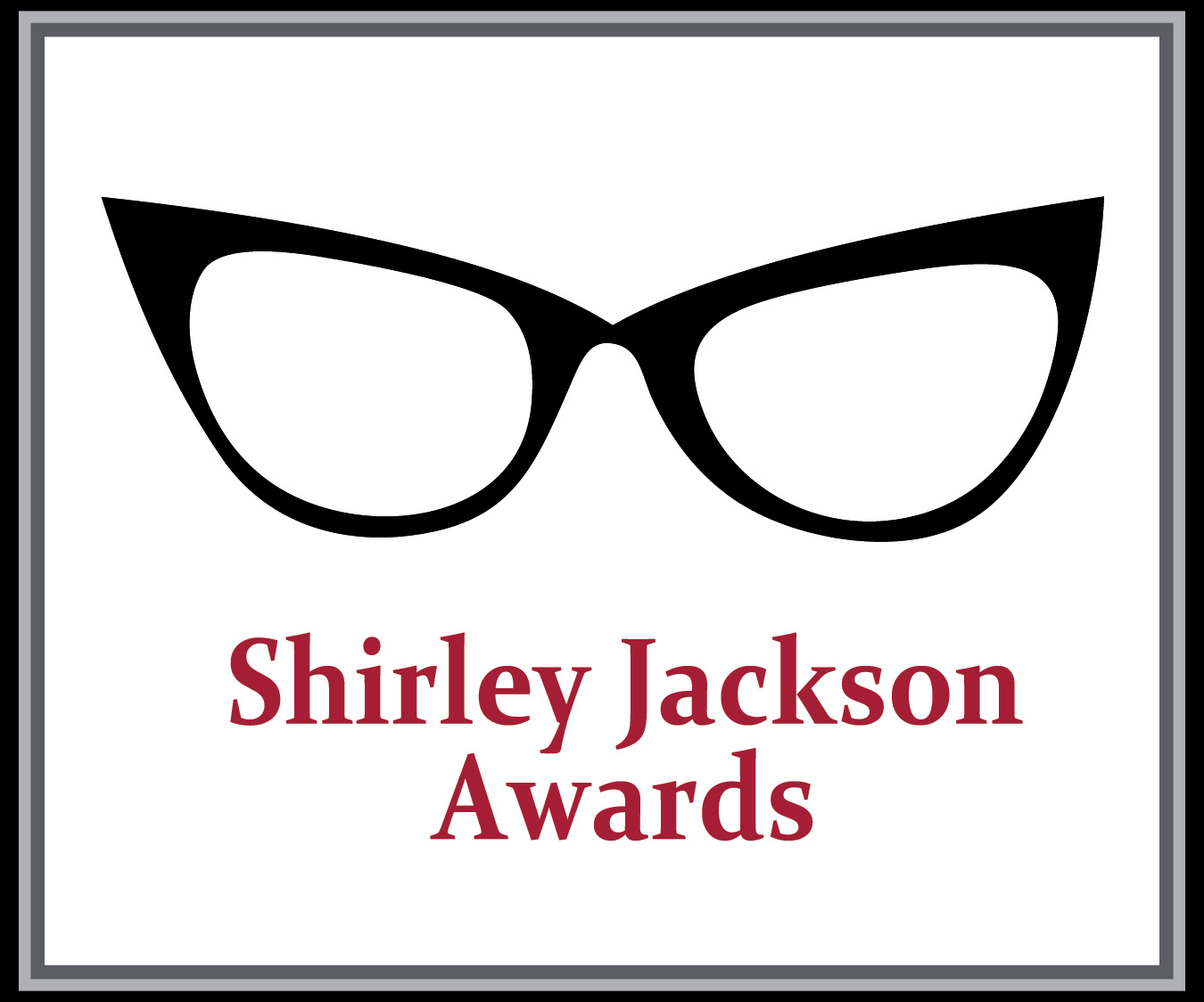Nicholas Kaufmann
Hi! Thanks for agreeing to do the interview. First off, what made you decide to combine the concept of dragons with the undead?
It’s my pleasure, Charles. Regarding mixing dragons with the undead, it was a combination of factors. First was simple plot necessity. The Dragon needed an army. She keeps to the shadows and doesn’t want to be seen–it’s how she’s survived as long as she has–but sometimes she needs henchmen out in the world. I figured it would be creepy if those same henchmen were the reanimated bodies of her own victims, drones she can control and speak through. Second, I was–and still am–tired of the modern portrayal of the zombie. As much as I love Romero’s “Night of the Living Dead,” it’s got over four decades of, ahem, lifeless knockoffs to answer for, in both film and prose. The idea of the ravenous undead is a scary one, but after innumerable tales about a small band of survivors holed up and fending off crowds of mindless gut-munchers, I’d had enough. I became intrigued with the traditional zombie again, the one that’s more a metaphor for slave labor than for the perils of the Other invading our status quo; dead bodies reanimated to do their masters’ will with no regard for flesh eating or stumbling down city streets with plaintive moans and outstretched arms. One of my biggest fears, and a theme that seems to play itself out in my fiction over and over again, is the loss of self-control. The idea of your body or your personality being controlled against your will by something outside yourself, be it a tumor or a zombie master, terrifies me. The Dragon’s undead army is very much a representation of that.
Your protagonist Georgia is multifaceted and has her fair share of strengths and flaws. How did you come up with her character and what were the challenges writing her?
I read a lot of fantasy in my youth, and there was always a character, usually a boy, who was destined to go on to great things, to be the hero who saves the kingdom from the encroaching darkness. I enjoy standing tropes on their heads and seeing what falls out of their pockets, so I decided to make Georgia a “chosen one” as well: the last in a long line of dragonslayers dating back to St. George, destined to hunt and, like her ancestors, probably be killed by the Dragon. Except she rejects it. The Dragon has taken away everything Georgia loves, and so she turns her back on her calling, and on the Dragon too, and tries to lose herself in drugs. I was very concerned about portraying drug addiction accurately, but I was even more concerned about portraying a female character accurately. I didn’t want her to essentially be a male action hero with a female name, I wanted her to come across as an authentic young woman with some serious issues. I hope I succeeded.
When did you know that the proper length for Chasing the Dragon was that of a novella?
I didn’t. When I started writing it, I wasn’t sure how long the story would be. The novella kind of decided that on its own. It knew how long it needed to be before I did. I don’t mean to come off as esoteric, or to make writing sound like something created outside ourselves, but any writer can tell you that after a certain point the story guides you as much as, or even more than, you guide it. Chasing the Dragon didn’t spring fully formed from my head, of course. Nothing I write does. The novella took a lot of work and a lot of re-writing before it was even halfway decent, at least to my mind, but the length made itself known through the writing of it, if that makes sense. Like any story, it is as long as it needs to be. Any shorter and the reader would miss out on the little moments that define the characters. Any longer and it would have been padded out with unnecessary and unsatisfying tangents. I think it’s the perfect length. Besides, I find it’s better to leave readers wanting more than to overstay your welcome.
Please help support the Shirley Jackson Awards. Click here for details.
